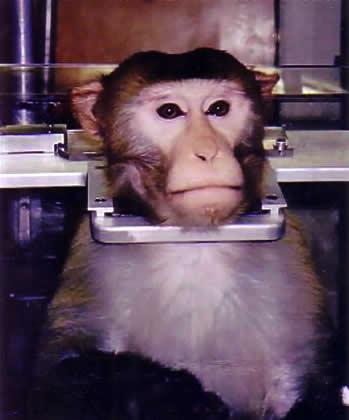WESTWOOD — An animal rights group filed a lawsuit against UCLA on December 18 for failing to disclose records on animal research.
Stop Animal Exploitation Now! (SAEN) filed the suit with the Los Angeles Superior Court in a bid to have the school release records that pertain to laboratory experiments involving primates. Michael Budkie, a spokesman for the group, notes in a statement that the UC Regents’ refusal to comply with the request for records violates the California Public Records Act (CPRA).
“UCLA is a public institution using public money, therefore, the people ofCalifornia have a right to know what happens inside its labs,” said Budkie.
The lawsuit by SAEN notes that the group has been seeking records from the school since August 29, 2013, but UCLA denied the request, citing a fear of reprisal to its researchers if such information was disclosed. The school has had a history of violence targeting research members reaching a point where public legislation like Los Angeles Municipal Code 6.1, Section 56.45 and AB 2296 to protect researchers from harassment. For its part, SAEN notes in the lawsuit that it attempted to compromise with the school by offering to redact the names and identities of individual researchers from the released documents by substituting those names with “numeric identifiers.”
The UC Regents denied that request, citing California Government Code 6255(a), which allows the agency whose records are requested for public view an exemption “if its release would jeopardize or compromise the security or integrity of the original record or of any proprietary software in which it is maintained.” The suit alleges that the UC Regents claim of jeopardy under the provision does not apply since specific exemptions were not made, thus allowing the UC Regents “to apply the exemption to SAEN’s entire request.” Not only does the suit seek the records it originally asked for, it also asks of the court to declare that the UC Regents violated the CPRA.
“Californians count on our public universities to disclose records without resorting to a culture of secrecy, possibly hiding illegal animal cruelty, said Stephen Wells, the director of the Animal Legal Defense Fund.






